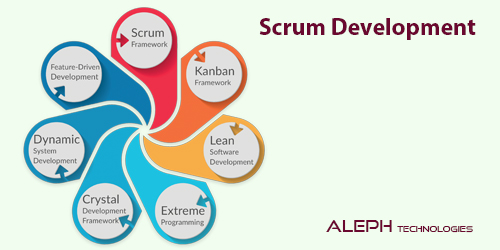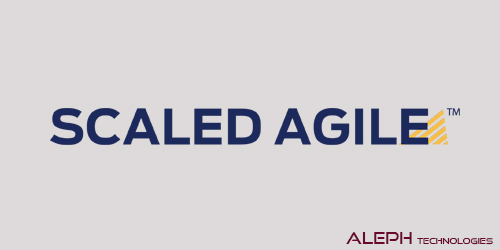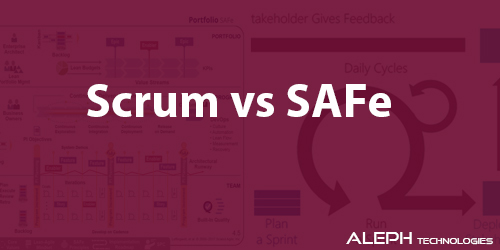Unlocking the Power of Release Management in DevOps for Efficient Software Delivery
In the realm of DevOps, a pivotal process that ensures the smooth transition of software projects from development through various stages is Release Management. This crucial phase involves meticulous planning, testing, and deployment, with release managers acting as gatekeepers, overseeing the change management process.
Understanding Release Management in DevOps
Release Management orchestrates the movement of software projects across different environments, from staging to system integration and user acceptance testing. It emphasizes iterative, regular releases, enabling testing and deployment at various stages. The responsibility of Release Managers extends beyond just overseeing versions; it involves collaboration with the entire DevOps team.
Why is Release Management Essential?
Are you caught in the confusion of ongoing processes or wondering about the need for a patch or hotfix? Release Management provides clarity. While delivering quality software to users is paramount, establishing a consistent delivery pipeline goes beyond speed. Managing which version is being developed and deployed, where, when, and how involves the entire DevOps team's proactive engagement.
Benefits of Release Management in DevOps
- Fast delivery & Consistency: Achieve swift and consistent software delivery.
- Traceable Changes: Ensure changes are traceable and well-documented.
- Automated Confidence: Instill confidence with automated release processes.
- Stress-free Activities: Facilitate stress-free release activities.
- Zero Downtime & Antiquity: Minimize downtime and avoid antiquated processes.
Tools for Effective Release Management
Implementing change control tools such as Atlassian Jira and IBM Rational ClearQuest ensures thorough checks on release management approvals. These tools, integrated into the DevOps pipeline, play a pivotal role in version control, recording changes, and auditing throughout the delivery pipeline.
Popular Release Management Tools in DevOps
XL Release:
- End-to-end automation tool with integration capabilities.
- Reduces bottlenecks, supports manual and automated tasks.
- Enhances efficiency and standardization in the delivery pipeline.
Tasktop Integration Hub:
- Connects over 45 tools seamlessly.
- Enables quick integration of new tools into the existing IDE.
Clarive:
- Automates and speeds up the release management process.
- Coordinates automation in collaboration with stakeholders.
- Offers end-to-end continuous delivery with fully automated builds.
Embracing DevOps with Release Management
DevOps transcends team collaboration; it's a philosophy that accelerates code deployment and responsiveness to the market. Release management tools like those mentioned above seamlessly integrate audit and security requirements, ensuring thorough inspection and tracking of each change.
By incorporating release management into the DevOps pipeline, real-time logging and examination of each step become automatic. Shorter, more frequent releases simplify tracking changes throughout the pipeline. In essence, Release Management in DevOps is the key to efficient software delivery, making progressions and changes easily traceable and manageable.
Related posts
-

Scrum Development: A Comprehensive Overview 🚀
Mar 25, 2024 -

Understanding Scaled Agile (SAFe) and Disciplined Agile Delivery (DAD)
Mar 25, 2024 -

Scrum vs SAFe: Unveiling the Differences 🔄
Mar 25, 2024 -

Why Release Management Matters in Agile Projects 🚀
Mar 25, 2024

Please login to check comments